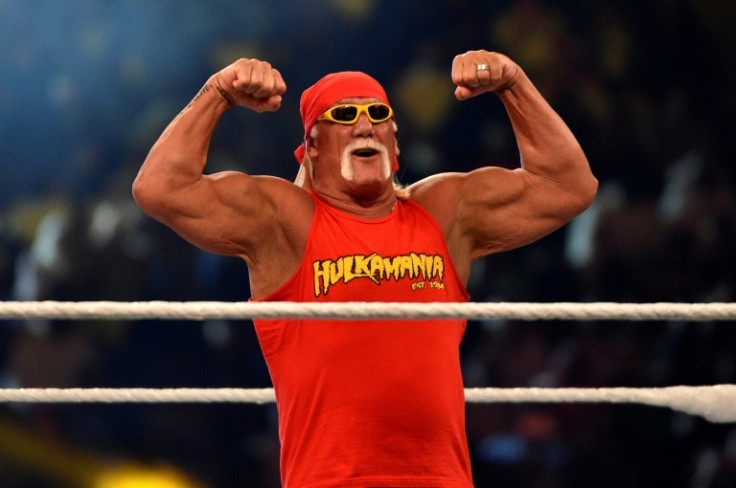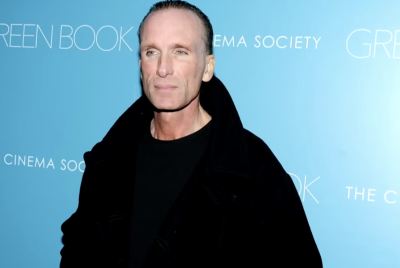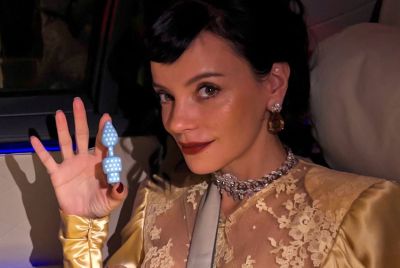How Did Hulk Hogan Die? 911 Call Reveals Wrestler May Have Suffered a 'Cardiac Arrest'

Wrestling fans are mourning the loss of a legend as Hulk Hogan, the iconic WWE superstar, has reportedly died at the age of 71. His death comes just days after the passing of Black Sabbath's Ozzy Osbourne, marking another major loss for the entertainment world. Hogan, whose towering presence and magnetic charisma helped launch WWE into a global sensation in the 1980s, remains one of the most recognisable figures in pop culture.
Final Moments: What We Know So Far
According to TMZ, Hogan died of a suspected cardiac arrest at his home in Clearwater, Florida. Emergency responders were dispatched to the scene around 9:51 a.m. on Thursday morning. Witnesses reported a fleet of police vehicles and emergency services outside the wrestler's home, where he was seen being carried out on a stretcher before being taken to a nearby hospital by Clearwater Fire & Rescue.
Earlier this year, rumours circulated suggesting Hogan was on his deathbed following complications from surgery. However, his wife, Sky, dismissed those claims, assuring fans that his heart remained 'strong' and that he was recovering steadily from a neck procedure undergone in May.
WWE Pays Tribute to an Icon
WWE is saddened to learn WWE Hall of Famer Hulk Hogan has passed away.
— WWE (@WWE) July 24, 2025
One of pop culture’s most recognizable figures, Hogan helped WWE achieve global recognition in the 1980s.
WWE extends its condolences to Hogan’s family, friends, and fans.
The WWE released a heartfelt statement expressing condolences to Hogan's family, friends, and legions of fans worldwide.
'One of pop culture's most recognisable figures, Hogan helped WWE achieve global recognition in the 1980s,' the company said.
Hogan first joined WWE in 1983, introducing fans to a larger-than-life personality clad in yellow trunks, feather boas, and his signature handlebar moustache. His infectious charisma and unforgettable catchphrases, like 'Whatcha gonna do, brother?', made him a staple in households across America and beyond.
The Rise of Hulkamania
Hogan's impact on professional wrestling is unrivalled. After defeating The Iron Sheik in 1984 to become WWF Champion, he held the title for more than four years, the longest single reign of WWE's modern era. His entrance into the ring signalled the dawn of Hulkamania, a movement that helped turn wrestling into a global entertainment phenomenon.
Among his many historic moments, none perhaps is more legendary than WrestleMania III, where he famously body-slammed Andre the Giant in front of a crowd of 93,000 fans — an event that many consider the pinnacle of wrestling's golden age.
Controversies and a Complicated Legacy
Despite his legendary status, Hogan's legacy is marred by controversy. In 2015, WWE cut ties with him after leaked audio revealed him using racist language. His Hall of Fame status was rescinded, only to be reinstated three years later — a move that continues to divide fans and wrestlers alike.
Hogan also courted political controversy through his public endorsement of Donald Trump, including appearances at Trump rallies and statements suggesting he'd be willing to serve as Trump's running mate.
While his influence on WWE's commercial success and cultural reach is undeniable, these incidents have sparked ongoing debates about how he should be remembered.
End of an Era
Whether hailed as the hero of Hulkamania or criticised for his off-screen controversies, Hogan leaves behind a complex legacy. His contributions to sports entertainment elevated wrestling into a mainstream spectacle, inspiring generations of fans and athletes. For many, Hulk Hogan will always be remembered as the face of wrestling's golden era — a towering figure whose impact is still felt across the world of entertainment.
© Copyright IBTimes 2025. All rights reserved.





















